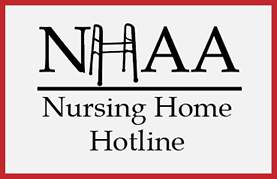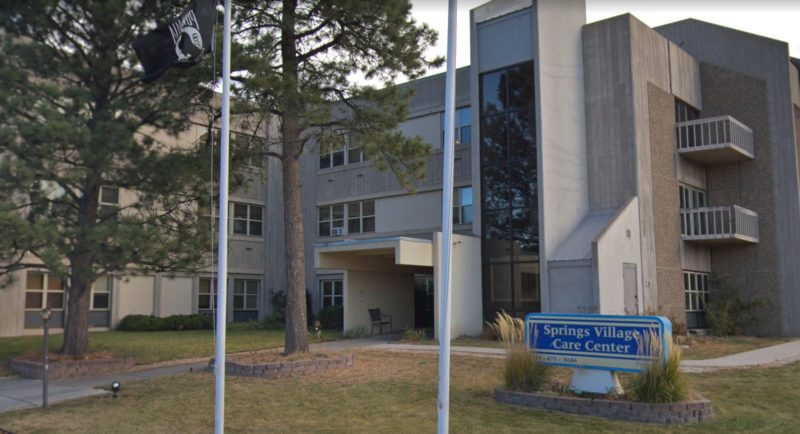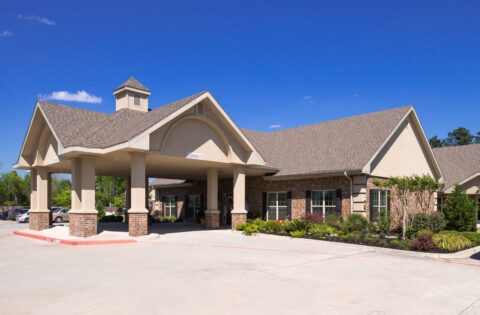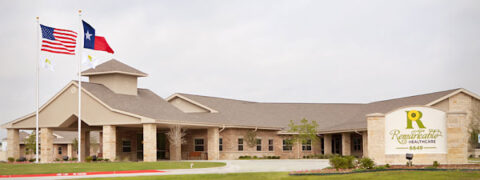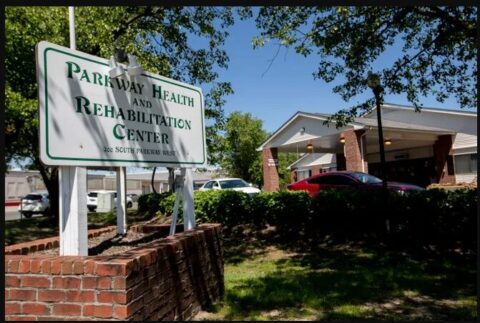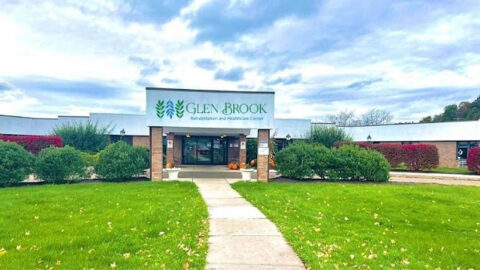State Findings:
Provide appropriate pressure ulcer care and prevent new ulcers from developing.
The facility failed to:
-Complete weekly skin assessments for Resident #2, a dependent resident, at risk of skin breakdown;
–Provide the necessary treatment when notified of the wound; and,
–Inform the resident’s primary care physician (PCP) of the wound and follow up timely to obtain orders, and notify the responsible party.
CNA #5 was interviewed on 9/29/2020 at 12:41 p.m. She said when she came on the day shift at 6:00 a.m. the residents were frequently soaked in urine. She said the residents are getting rashes and skin breakdown.
On 9/29/2020 at 2:47 p.m. Resident #2 was observed with licensed practical nurse (LPN) #4. The resident was laying on her back. LPN #4 observed the wound and confirmed the wound was approximately two centimeters red with a one cm white center. She said she did not think the center had opened yet, but it was not blanching. The resident cried out in pain again when palpated by the LPN. Resident #2 asked the LPN what the pain was from. LPN #4 said too much pressure. Resident #2 said it was very painful and she said she spent a lot of time on my back. LPN #4 said the wound was new and she had not seen it before. There was no barrier cream or dressing over the wound.
There were no interventions related to repositioning. The facility failed was aware of the residents history of skin breakdown to the coccyx, but failed to assess her skin weekly.
The DON said currently the ADON and the NS were completing wound rounds weekly. The ADON said she was not able to see the wound clearly when observed on 9/30/2020 at 10:07 a.m. due to her not having a good view of it. She said she had not had any training in wound care and therefore was not able to stage the wound observed.
The NS said she had training in wounds, but did not know what stage the wound was. The NS said she was notified of the wound last evening but had not followed up to measure it yet. The ADON said she heard the previous night there was a non-blanchable wound.
On 9/30/2020 at 2:00 p.m., the NS said she still had not had a chance to measure the wound or provide treatment with the foam dressing. She said the wound physician would be in on 10/1/2020
Provide enough food/fluids to maintain a resident’s health.
Based on record review and interviews, the facility failed to ensure one (#1) of four residents reviewed for nutritional status out of 10 total sample residents maintained acceptable parameters of nutritional status such as usual body weight or desirable body weight.
Specifically, the facility failed to implement interventions to prevent a significant weight loss for Resident #1 with nutritional risks including poor nutritional intake and requiring staff assistance for cueing at meals, and was not outlined on her comprehensive care plan. The resident had a weight loss of 26.2 pounds over a period of six months, which was 19.4%, which was not addressed timely with her family since the resident had cognitive impairments. The resident was ordered supplements, however these interventions were not effective in aiding in maintaining her nutritional status which led to her sustaining severe decline in health status, hospitalization for severe-protein calorie malnutrition where the resident passed away.
Review of Resident #1’s weights revealed the resident lost 26.2 pounds between [DATE] and [DATE] falling from 135 pounds on [DATE] to 108.8 pounds on [DATE], which was 19.4% between a six month period. Meal intake records for [DATE] revealed out of 86 documented meals, the resident consumed less than 50% for 42 of those meals, 17 meals of 25% or less. The resident received supervision or cueing at one meal, and refused three meals.
On [DATE] the resident’s daughter was interviewed. She stated the resident had lost a significant amount of weight since visitation was restricted at the facility in [DATE]. She stated she visited the facility daily prior to the restrictions to encourage and help the resident eat. She brought snacks and outside meals, and could always get her to eat. She stated she did not become aware of how significant the weight loss was until a meeting in [DATE], at which point it was too late for her to recover. She stated once she was allowed to visit on [DATE], the staff were surprised at how much the resident consumed when she was there. She stated she insisted the resident go to the hospital and she later passed away in the hospital. She stated she was allowed window visits and would bring snacks and outside food during the shutdown, but the staff were not assisting or encouraging her to eat her meals.
Your Experience Matters
...and we want to hear it.
NHAA is here to assist families, residents, and the community by sounding the alarm on issues like those found above. This nursing home and many others across the country are cited for abuse and neglect.
If you have or had a loved one living in this nursing home or any other nursing home where you suspect any form of abuse or neglect, contact us immediately.
We have helped many already and we can help you and your loved one as well by filing a state complaint, hiring a specialized nursing home attorney or helping you find a more suitable location for your loved one.
You can make a difference, even if your loved one has already passed away.
Please give us a call at 1-800-645-5262 or fill out our form detailing your experience.
Personal Note from NHA-Advocates
NHAA shares with all the families of loved ones who are confined to nursing homes the pain and anguish of putting them in the care of someone else. We expect our loved ones to be treated with dignity and honor in the homes we place them. We cannot emphasize enough to family members of nursing home residents; frequent visits are essential to our loved ones’ well-being and safety.
If you are struggling and upset, click here to understand your options, or contact us through our contact form or call our toll free hot line number: 1-800-645-5262.
